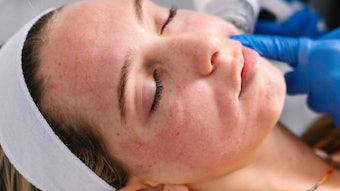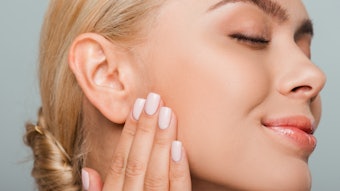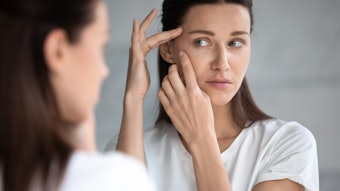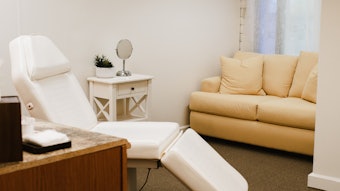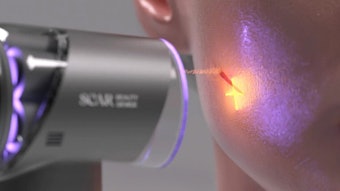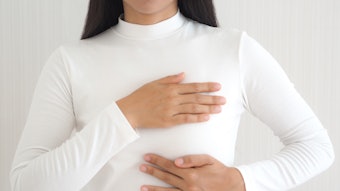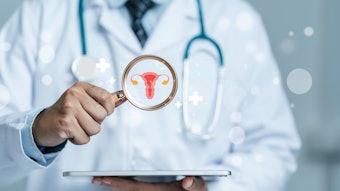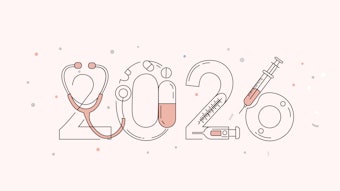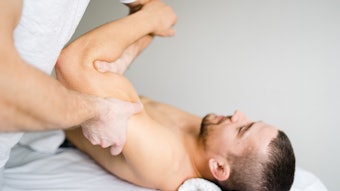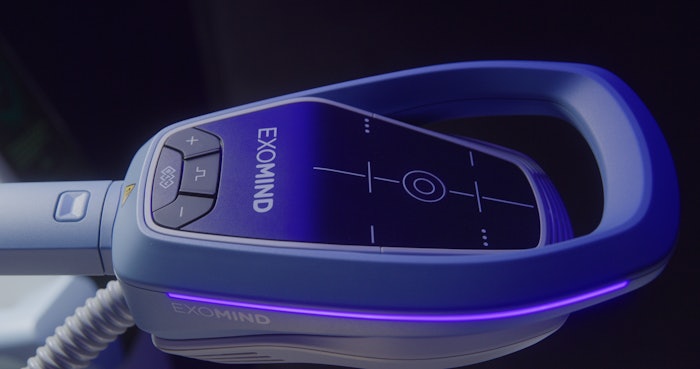
BTL has introduced its Exomind, powered by ExoTMS technology. The Exomind is a non-invasive brain stimulation treatment designed to improve mental and emotional well-being by stimulating neural pathways, according to a Jan. 15 press release. The FDA cleared Exomind for depression in the United States.Courtesy of BTL
The FDA cleared Exomind for depression in the United States.Courtesy of BTL
“Electroconvulsive therapy (ECT) was developed in the 1940s and later surpassed by transcranial magnetic stimulation (TMS) in the 1980s,” says John Ferris, vice president of marketing at BTL. “Since 2008, TMS therapy has been available in the U.S.; however, broader adoption has been influenced by factors such as the need for patients to meet specific clinical criteria before accessing treatment and the associated discomfort of traditional TMS protocols.”
The ExoTMS technology stimulates the areas of the brain that regulate mood to activate neural pathways, helping restore normal brain activity and enhance neuronal connection without pharmaceuticals, according to the BTL website.
According to the release, the FDA cleared Exomind for depression in the United States. Additionally, the Exomind is CE-marked and approved by Health Canada for treating depression, anxiety symptoms, obsessive-compulsive disorder and excessive eating disorders.
“Major Depressive Disorder (MDD) remains a significant and growing challenge, with studies estimating that approximately one-third of patients with MDD do not achieve adequate relief from antidepressants alone,” Ferris says. “Exomind aligns with current trends in medical aesthetics, where there is an increasing recognition of the connection between mental well-being and overall health, [as] research indicates that psychiatric disorders are prevalent among patients seeking elective plastic surgery.”
An NLM study [1] reported that Body Dysmorphic Disorder occurs in up to 1% of the general population, but appears to be much more prevalent in patients seeking cosmetic surgery.
Ferris says in the clinical studies for Exomind, out of subjects with initial low mental well-being, 66.7% reported improved to moderate mental well-being, and 16.7% reported improved to high mental well-being. Out of subjects with initial moderate mental well-being, 52.4% reported improved to high mental well-being, he adds.
"This patient-friendly therapy aligns with our vision of promoting holistic health,” said Filip Donner, the company's director. “Unlike conventional treatments, it provides a natural approach to mental wellness, fostering brain resilience without the side effects often associated with pharmaceuticals."
References:

